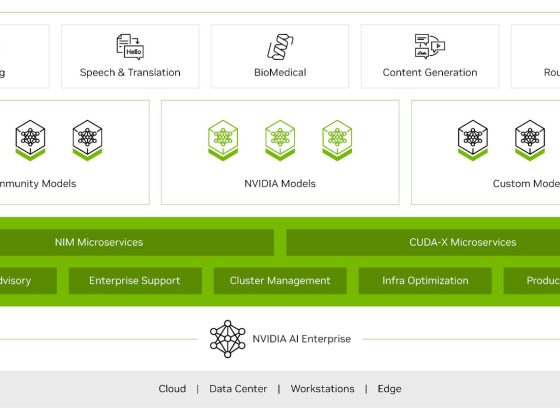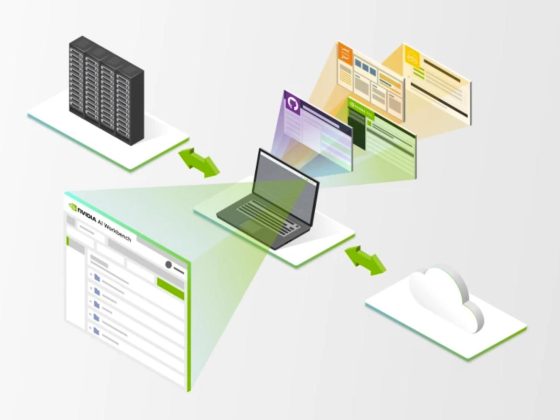Open-source GUI tool allows developers to create, deploy, and manage containers running locally or in remote Kubernetes clusters.
Red Hat has released Podman Desktop 1.0, a graphical desktop client for creating, deploying, and managing containers. It’s available for Windows, Mac, and Linux.
From our partners:
Available at podman-desktop.io, Podman Desktop is an open source tool for working with containers and Kubernetes in a local environment. For Red Hat customers, the goal is to provide a frictionless development experience for Red Hat OpenShift, Red Hat’s Kubernetes-based enterprise container platform.
Podman Desktop aims to simplify development, deployment, and management of containers while abstracting the underlying configuration, providing a lightweight alternative for container management. The Podman UI allows developers to manage all containers from a single place, Red Hat said, while avoiding complex command-line commands and mitigating error risks when dealing with multiple containers or intricate configurations.
Podman Desktop allows users to build container images, push and pull images to and from remote registeries, manage containers in remote Kubernetes clusters, and run containers locally on Kubernetes with Kind.
Other features in Podman Desktop noted by Red Hat:
- Tight integration with Kubernetes, for development teams to work natively with Kubernetes objects and enabling a smooth transition from containers to Kubernetes.
- An out-of-the-box Kubernetes environment, based on the Kind orchestration tool, that enables the development and testing of applications in an environment that mirrors production.
- Integration with Red Hat OpenShift Local, allowing developers to test applications locally using the same container images and environment as a production OpenShift environment.
- Connectivity to the Developer Sandbox for Red Hat OpenShift, allowing developers to deploy applications in a free, cloud-based OpenShift environment.
Future plans for Podman Desktop call for more streamlinining of container workflows and support for more Kubernetes objects. For businesses using OpenShift, Red Hat plans to integrate more tools with Podman Desktop for building applications locally and running them in an environment consistent with production.
By: Paul Krill
Originally published at InfoWorld
Source: cyberpogo.com
For enquiries, product placements, sponsorships, and collaborations, connect with us at [email protected]. We'd love to hear from you!
Our humans need coffee too! Your support is highly appreciated, thank you!








